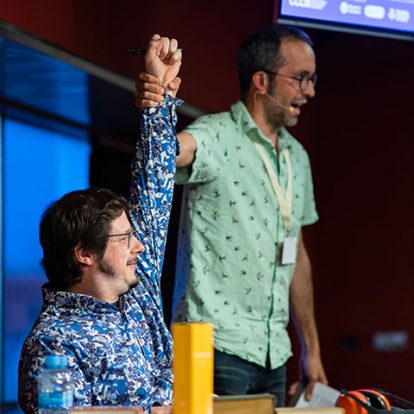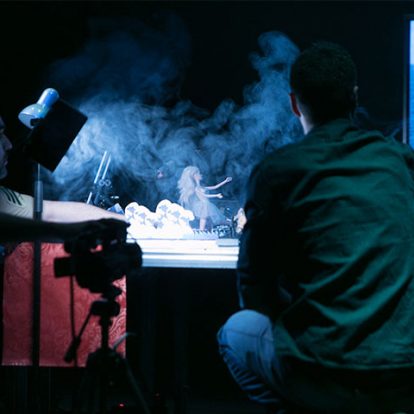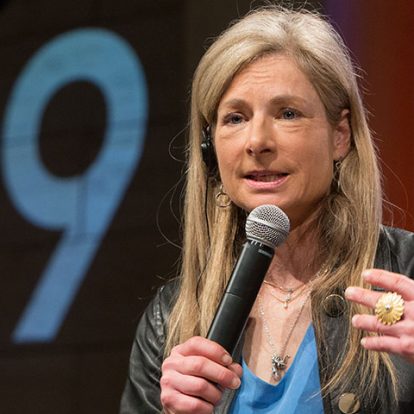Transitions of Capitalism
K Team
06 June 2019
Post-capitalist literature forms a heterogenous body of work that takes in everything from accelerationism and singularity to the risks involved in an augmented humanity without knowledge or control of the technologies that rule the world. These are some of the talks related with the transitions of capitalism that we presented at K19.
Richard Sennett and Carles Muro. Narratives of the Homo Faber
OV English (View OV with translation into Catalan)
The conversation places a particular focus on the Homo Faber trilogy by the sociologist Richard Sennett, which consists of the works The Craftsman (2009), Together (2012) and Building and Dwelling (2018), a series of books that reflect on the history of craftsmanship, cooperation and design in cities.
Paul Mason. The Red Star and the Green Planet
OV English (View OV with translation into Catalan)
Taking into account the current economic context, would the Martians have put an end to humanity? Mason opts for imagining terrestrial salvation, because between the neoliberal market movements, non-mercantile exchanges emerge, the fruit of the new collaborative economy.
Helen Hester and Nick Srnicek. After Work: What Is Left?
OV English (View OV with translation into Catalan)
With post-autonomist Marxism and a second wave of materialistic feminism as their starting point, Helen Hester and Nick Srnicek lead the debate for rejecting the naturalisation of reproductive work and looking to generate a more effective feminist policy in the era of the end of work.
Agustín Fernández Mallo, Amelia Gamoneda and Gustavo Schwartz. Metaphor: The Old and New Story that Creates the World
OV Spanish
Just as metaphors have been necessary for building social, communicative and even anthropological systems, they have also helped to create scientific thought and language. We explore the metaphorical and analogical mechanisms that have helped to create different ways of interpreting and seeing the world.
Vicenç Villatoro and Sam Abrams. The Logic of Locus
OV Catalan
Literary fiction –and non-fiction!– is almost always rooted in a physical place, be it real or imaginary. Literature is written from a place. And literary stories have a setting or invent one for the action to take place in. Is the place from which stories are written and their events unfold relevant? Does it make sense in the 21st century to talk about local traditions?









